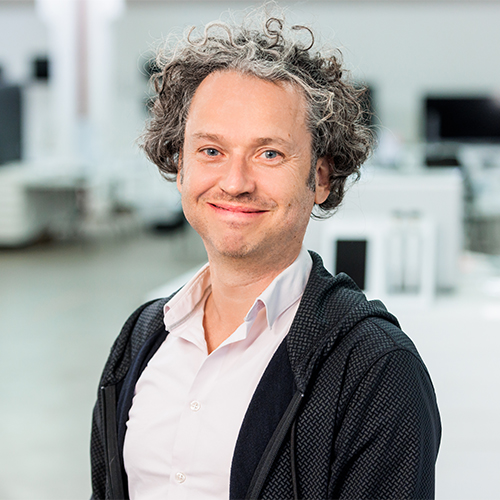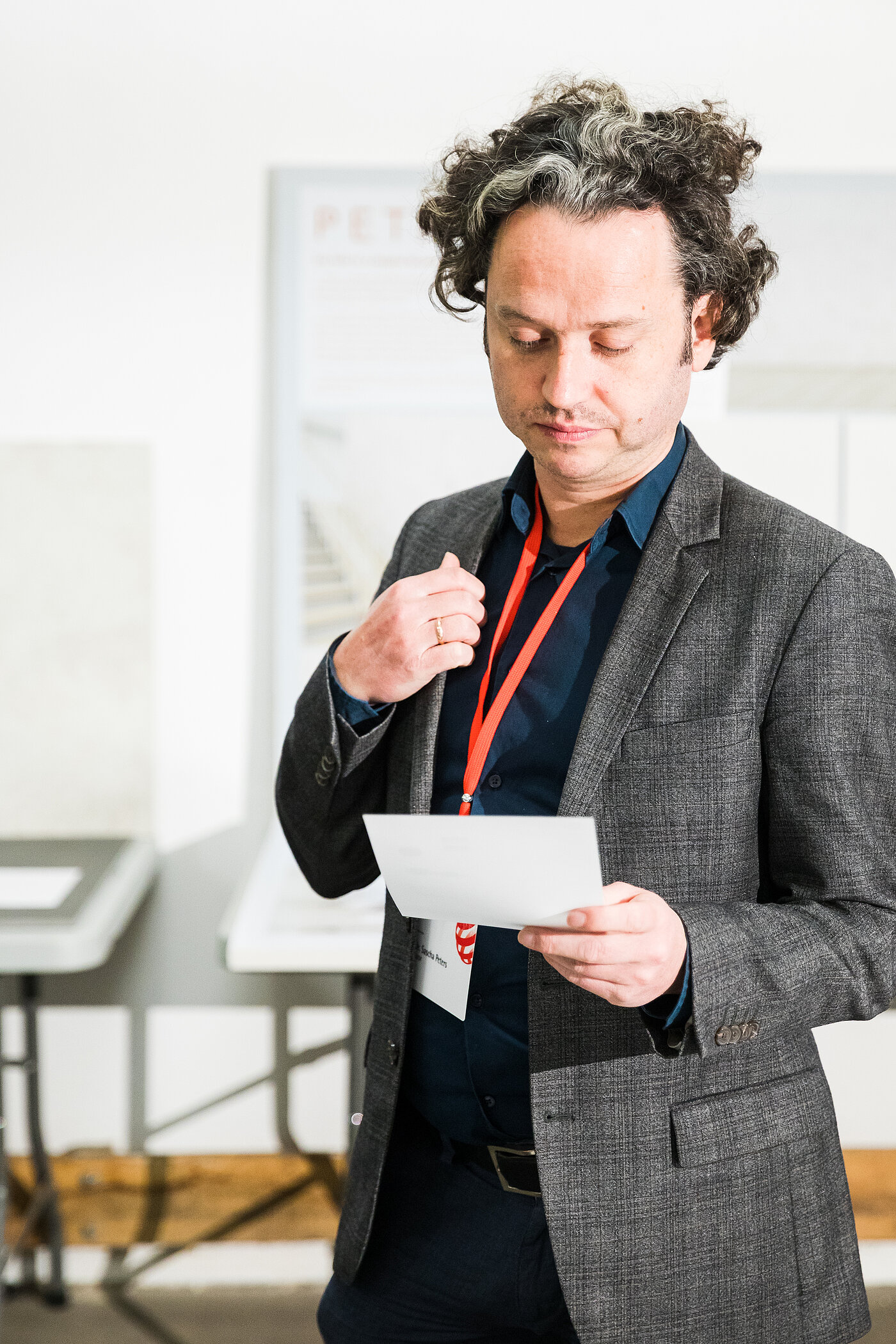Hon. Prof. Dr. Sascha Peters
Hon. Prof. Dr. Sascha Peters is founder and owner of the material and technology agency HAUTE INNOVATION in Berlin. He studied mechanical engineering at the RWTH Aachen University, Germany, and product design at the ABK Maastricht, Netherlands. He investigated communication problems between engineering and design in his doctoral thesis which he completed at the University of Duisburg-Essen, Germany. From 1997 to 2003, he led research projects and product developments at the Fraunhofer Institute for Production Technology IPT in Aachen and subsequently became deputy head of the Design Zentrum Bremen until 2008. Sascha Peters is author of various specialist books on sustainable raw materials, smart materials, innovative production techniques and energetic technologies. He is a leading material expert and trend scout for new technologies. Since 2014, he has been an advisory board member of the funding initiative “Zwanzig20 – Partnerschaft für Innovation” (2020 – Partnership for innovation) commissioned by the German Federal Ministry of Education and Research.

Red Dot in an interview with Hon.-Prof. Dr. Sascha Peters
Red Dot: With regards to sustainability: which materials have potential for the future?
Hon.-Prof. Dr. Sascha Peters: In the coming years, the challenge will be to close the material cycle in order to create a circular economy. Our resources must circulate in a closed loop. With the expanding world population, we can no longer afford to manage resources as we have done in the past. Raw materials that can be broken down into their components and are compatible with either a technical or biological cycle will be successful. The biological cycle in particular has a lot of potential for innovation.
Which properties must a product demonstrate to persuade you of its merits?
I am only convinced by products whose life cycle has been thought through to its end by the designer. Today, it is no longer acceptable just to think as far as the sale of a product to a customer. We must also address the question: what will users do with a product and its components when they have finished with it? For example, can the product be turned into something else that is useful?
